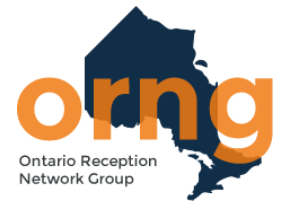
We collect basic website visitor information on this website and store it in cookies. We also utilize Google Analytics to track page view information to assist us in improving our website.
Part 4 of 4
By: Ontario teachers who are ESL/ELD school board leads and ERGO members as part of the ERGO Reading and ELLs working group as a subgroup of the Special Education and English language learners.
This small group of ESL/ELD board leads has met throughout the 2020-2021 school year to explore the reading instruction and best pratices to support English language learners in Ontario school boards. The purpose of the group is to report back to the larger group of ERGO members who have explored the resources and research focussed on the topic of special education and ELLs. This is the fourth of a series of blogs that summarize some of their observations, research, best practices and resources available to Ontario teachers supporting ELLs in their journey to learning to read and write in English while participating in curriculum learning at their grade level.
Despite the explicit teaching of reading strategies, daily guided reading instruction and varied daily opportunities to use new vocabulary and language structures, teachers sometimes notice an English language learner (ELL) may not be making consistent progress with reading across subject areas.
In school boards across Ontario this is noted on the STEP Observable Language Behaviour (OLB) Continua or the STEP Observable Language and Literacy Behaviour (OLLB) Continua when the same descriptors are highlighted/checked multiple times over a couple months or more, even though teachers are using engaging levelled texts and the strategies outlined above. Parents or families might have indicated through the registration process that their child demonstrated persistent learning difficulties in previous schools in another country.
English language learners are as likely to have a learning disability as monolingual learners. Though sometimes ELLs are over identified or referred to school team meetings or a persistent learning challenge is misidentified as needing more time to learn English.
This leads educators in Ontario to wonder:
Members of the English Resource Group of Ontario meet in working groups to explore answers to these questions to help provide their school boards with relevant information, research and insight to supporting the needs of all Engish language learners. Feel free to add additional questions or insight you may have as an Ontario educator supporting ELLs in the comment section below.

